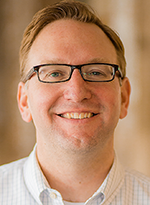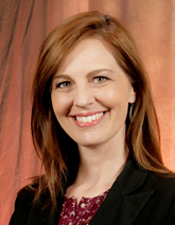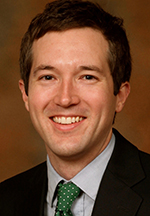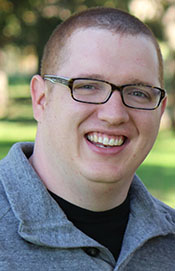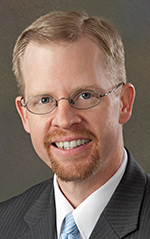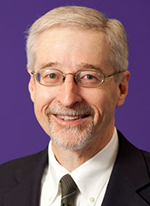Voices: The connecting grace of becoming a Lenting Baptist
I’ll never forget my first Ash Wednesday service.
 Meredith Stone
Meredith Stone
Since I have been a Baptist my entire life, experiencing a service of ashes was unfamiliar to me until I learned more about the tradition in seminary.
So, one year during seminary, some of my friends and I decided to wake up early and go to the 7:00 a.m. Ash Wednesday service at our local Episcopal church.
Confession—we didn’t really know what to do when we got there!
We walked in the door, sat down and tried very hard to follow along with the cues of when to sit, stand, pray, sing, go to the front, etc. When it came time to receive ashes, we were glad to be sitting on the last row so we could watch what the others did when they reached the front of the room.
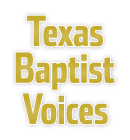 Dust to dust
Dust to dust
Like the others, we kneeled down and clasped our hands in front us. Then, the rector came to each of us, smudged a bit of ash on our foreheads in the shape of a cross, and said, “Remember that you are dust, and to dust you shall return.”
The year following my first experience with Ash Wednesday, I was serving as teaching pastor in a church that was willing to try new things. So, with my newfound confidence in knowing about all things Ash Wednesday, I organized a service of ashes.
But as is often the case, confidence is easily misplaced.
The service went along nicely until it was time to impose the ashes. I had asked the lead pastor to scrape some ashes out of his fireplace so that we could use them for this part of the service. Only the cross-shaped smudges we were trying to impose weren’t really sticking—or looking much like crosses for that matter, either.
We chalked it up to a Baptist mishap and found joy in the experience anyway.
Keep on trying
The next year when it was time for Ash Wednesday, we talked about adjustments to the service, and the subject of the ashes came up. We assigned the finding/preparing of ashes over to another member of our leadership team. Lucky for us, he actually did his research.
He discovered the ashes that are imposed on Ash Wednesday are supposed to be made from burning the dried palm leaves from the previous year’s Palm Sunday. Then, sometimes the ashes are mixed with a bit of olive oil to have a “sticky” texture.
Obviously, we didn’t realize this tradition 10½ months earlier, when it would have been time to save the branches. So, we improvised that year.
Then finally, the next year, for the third service of ashes we held together, we had saved the palm branches, and we had all the required elements and knowledge for a successful imposition of ashes.
“Nothing” happened
Funny thing happened though—nothing.
Nothing seemed to be different about the service. We still sang songs, read Scripture and prayed. People still took time to consider entering into a season of repentance and self-reflection. The different texture of the ashes didn’t seem to matter.
Only, it did matter to me.
For thousands of years, the church has held certain practices. Some of them include celebrating the Lord’s Supper; following the ordinance of baptism; the fact we pray, sing and read Scripture together; and even the fact churches save the palm branches from Palm Sunday to burn for the next Ash Wednesday.
When our church joined with those countless other churches to worship together in a very particular kind of way, I felt a sense of connection to the church universal and the church of antiquity in ways I don’t always experience.
Sometimes, our churches can’t wait to sing the newest song, obtain the newest kind of signage or buy the newest kind of church technology.
And while what is new brings energy and fresh approaches, there is a value to the past as well.
Crossing space & time
When we participate in Ash Wednesday services or in the whole of Lent, we are able to experience community with Christ-followers across the world and throughout time.
Maybe I’ll struggle with the fast I’ve chosen this year, but maybe someone else across the world will struggle with their fast, too. When I pray for my fast to be a reminder of the things I am working on in my own life, maybe I’ll pray for that fellow believer across the world, as well.
And perhaps I should also remember to pray for that first-time Lenting Baptist who has no idea what to do. May he or she find a blessing in experiencing the ties that bind Christ-followers over centuries and miles—even if those ties are made with the wrong kind of ashes.
Meredith Stone is director of ministry guidance and instructor of Christian ministry and Scripture at Hardin-Simmons University’s Logsdon School of Theology. She is a member of the Baptist Standard board of directors.
